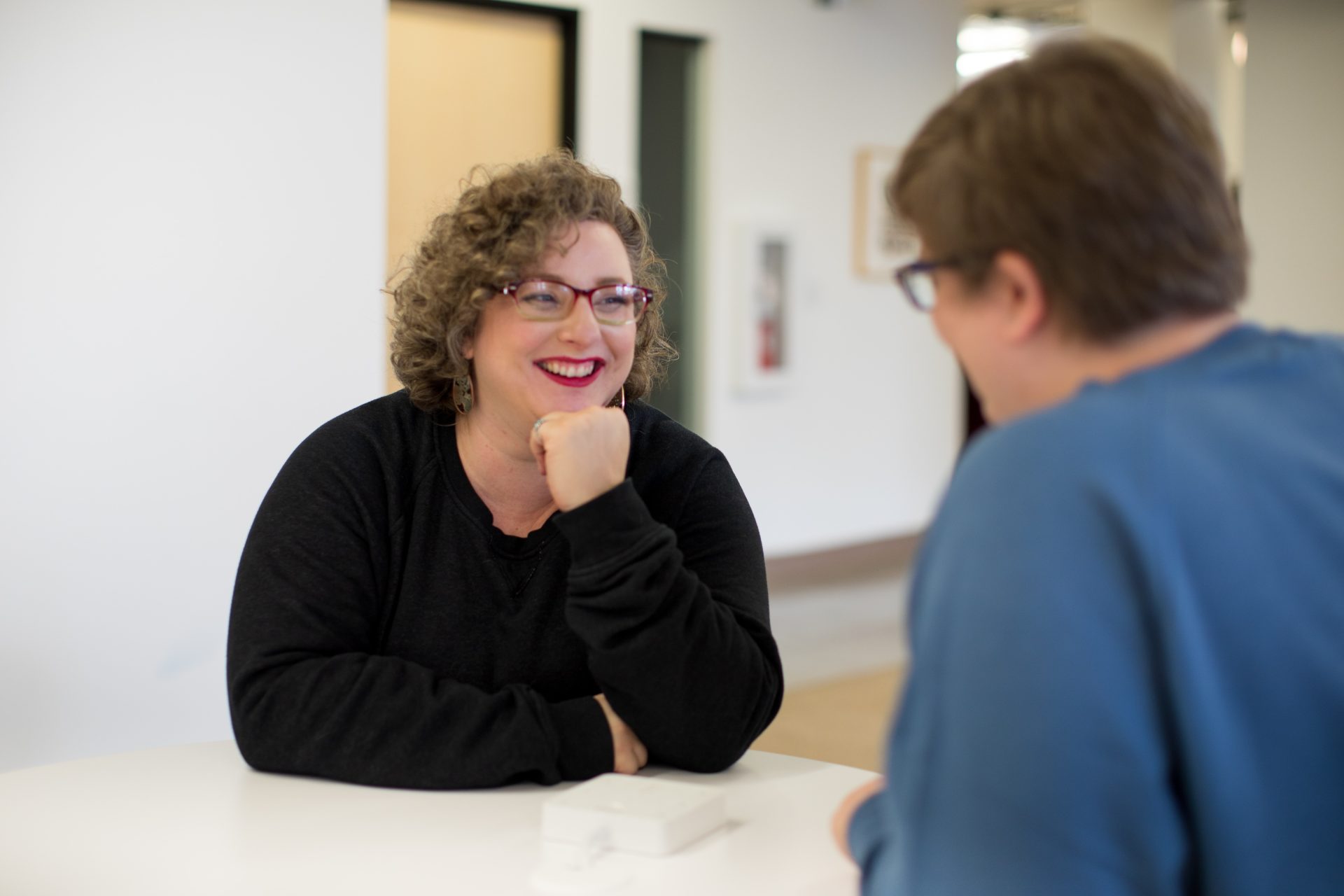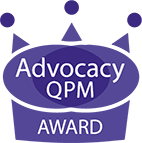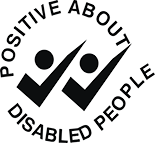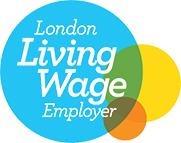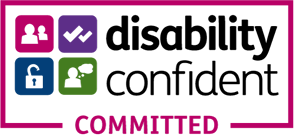What is peer support?
Peer support is when people use their own lived experiences to help each other.
Types of Peer Support
There are different types of peer support, but they all aim to:
- Bring together people with shared experiences to support each other
- Provide a space where you feel accepted and understood
- Treat everyone’s experiences as being equally important
The Peer Support worker can help and support you to:
- Help you to open up about what you are feeling and experiencing
- Introduce you to ideas and approaches that others have found helpful
- Reassure you that you’re not alone in how you are feeling
- Find it reassuring that you have been understood, accepted on the bases of
shared understanding. - You are getting support to rebuild your life
- Re-connect with community services again.
- Give you a sense of belonging by connecting with others
- Encourage you to value your strengths
- Build your self-esteem and confidence
- Help you you feel more hopeful about the future.
Who are they and what do they do
A Peer Support Worker is someone who has had their own lived mental health experiences and have been able to form a sense of recovery and are now able to support others and bring on shared understanding, respect and mutual empowerment. Peer Workers are role models for recovery who inspire hope that recovery is possible.
For example,
- You might share a diagnosis of a particular mental health problem; you may have been on the same medication or similar personal interests.
- You might focus on talking and discussions, which could be about a particular topic, difficulties with recognising early warning signs, worries about returning into the community, anything you feel like.
- Or you might do activities together such as going for a walk, attending appointments, finding hobbies, connecting with other organisations for support.
The Peer will support you while you are on the ward to develop a wellbeing plan, coping mechanisms, engage in meaningful activities, support you to access community-based resources to further aid your recovery when you transition back into the community.
Back to the Community
Heading back into the community can be a scary part of the transition for home, however the work you have already put in on the ward will be paramount to your recovery.
Your Peer Support Worker will now support you in the process of being discharged from the unit into the community, they will support you for several more weeks to access community activities, practical support with managing bills, shopping, work or study, emotional support, make links with your community team, GP.
Mind also offer a variety of services that will support you in moving forward, your Peer Support Worker can direct you to these services or even go with you for the first few times.
The Peer Support Worker will be there to support you for a short while, until you feel settled in the community.
It’s now time to use those resources and skills learnt so you can move forward in your recovery and stay mentally well.
We currently have a Peer Support Worker at the Bethlem Royal Hospital on Westways Rehab Unit. Please do go and chat to them.
Volunteer for us
Mind in Croydon welcomes volunteers/trainees to help it undertake its work.
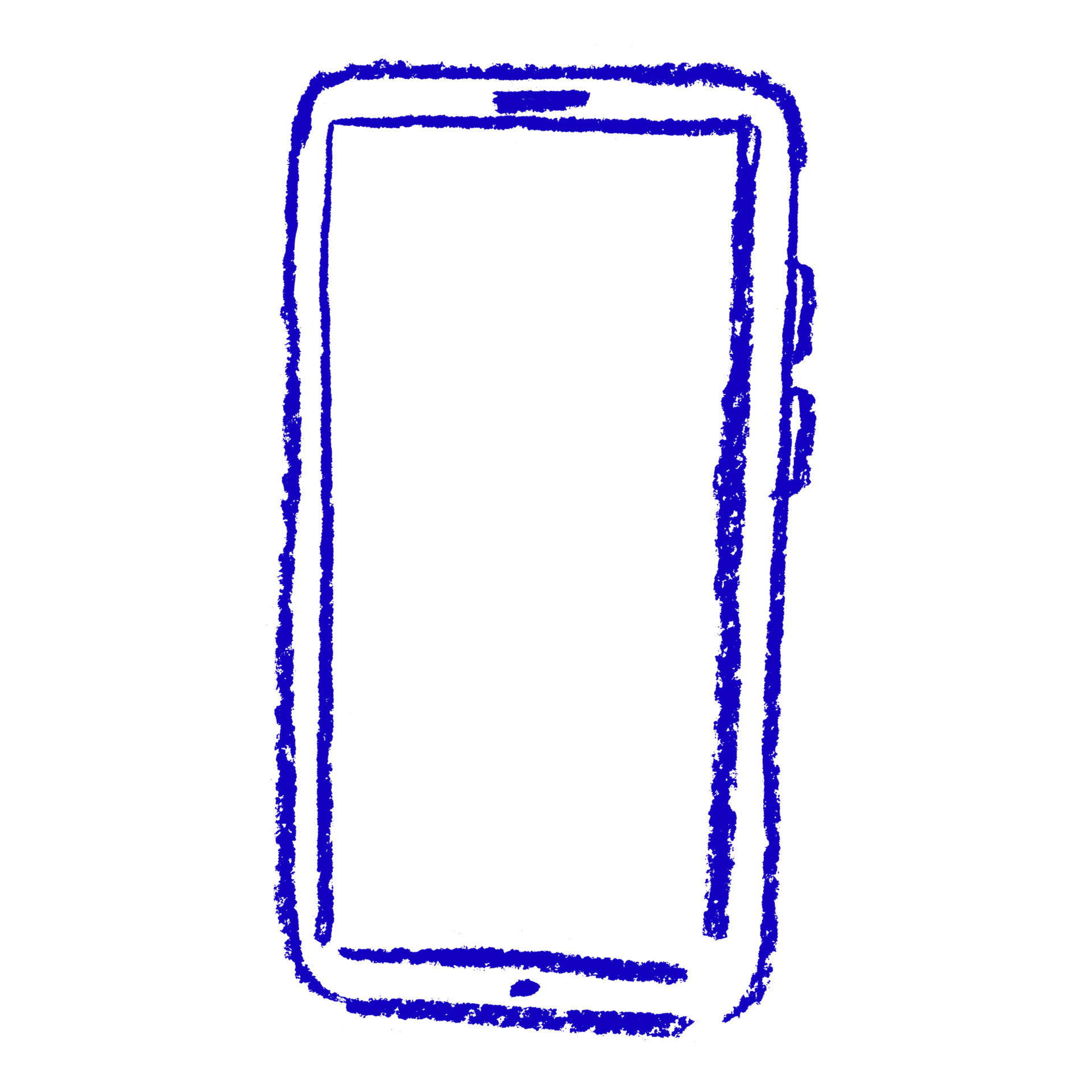
Information Line
Mind in Croydon operate a confidential mental health telephone information line: Please telephone our freephone number 020 8668 2210 or WhatsApp 07938 716 711
Find out more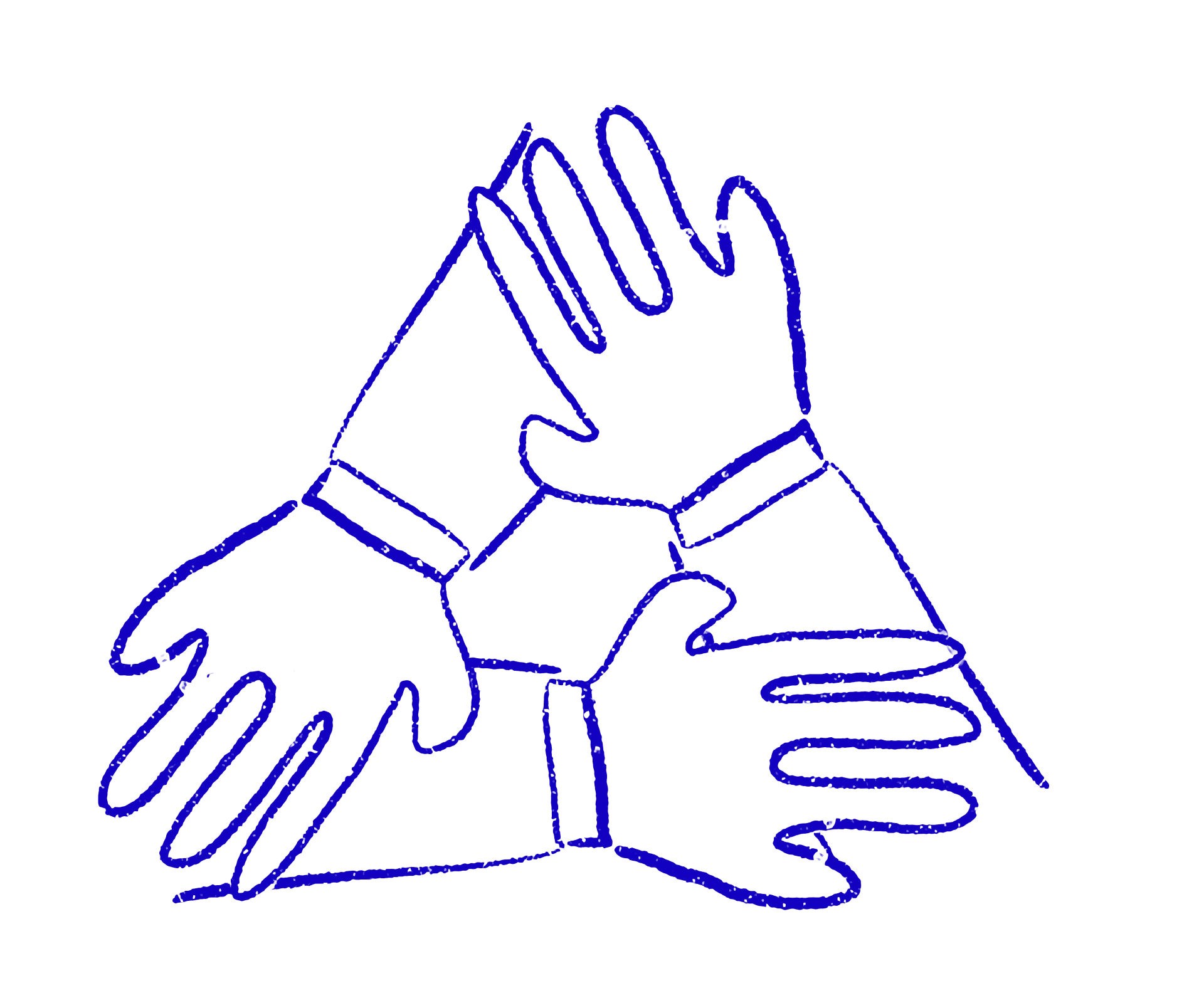
Side By Side
Side by Side is a supportive online mental health community where you can be yourself. We all know what it's like to struggle sometimes, but now there's a safe place to listen, share and be heard.
Find out more
